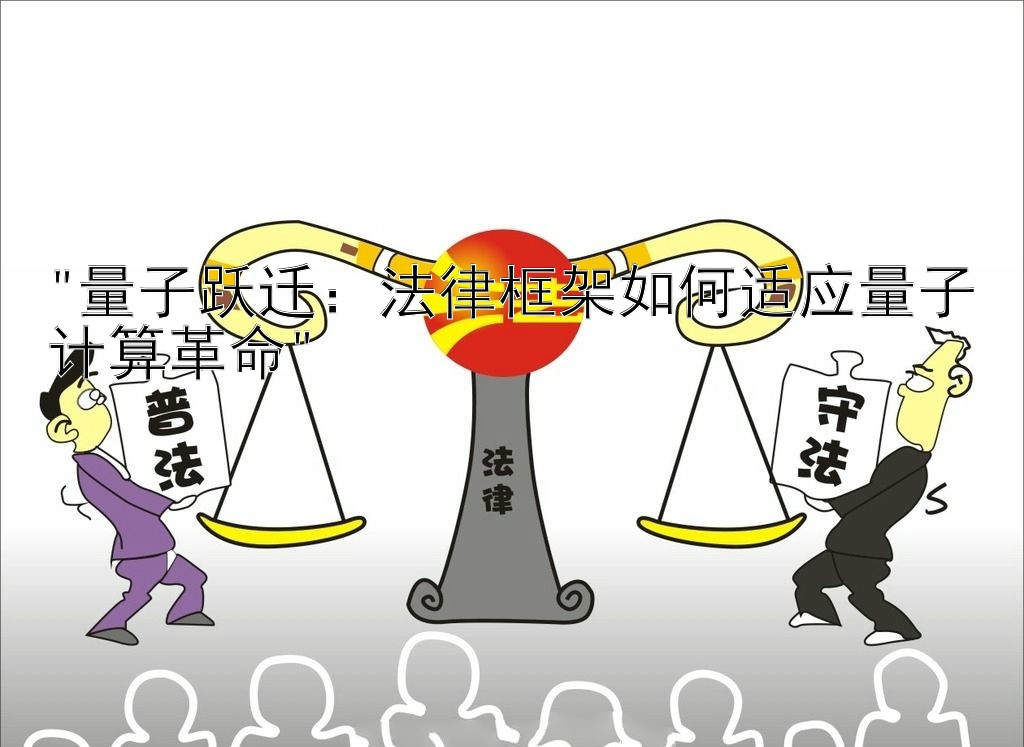《中华人民共和国民法典》(以下简称《民法典》)自2021年1月1日起正式施行以来,对我国的民事司法实践产生了深远的影响。这部被誉为“社会生活的百科全书”的法典不仅是对既有法律的系统整合和编纂,更是对新时代中国特色社会主义法治建设的重大贡献。本文将探讨《民法典》实施后司法实践中出现的创新点以及相应的应对策略。
一、 The Civil Code of the People's Republic of China (hereinafter referred to as "the Civil Code"), which officially came into force on January 1, 2021, has a profound impact on civil judicial practice in our country. This code, known as the "encyclopedia of social life," not only integrates and compiles existing laws systematically but also makes a major contribution to the construction of socialist rule of law with Chinese characteristics in the new era. This article will explore the innovative points that have emerged in judicial practice since the implementation of the Civil Code, as well as corresponding response strategies.
I. Innovations in Judicial Practice under the Civil Code:
-
Unified Legal Framework: The Civil Code provides a unified legal framework for various aspects of civil law, including property rights, contracts, torts, family law, and inheritance. It simplifies access to justice by consolidating scattered provisions from different sources into one comprehensive document.
-
Enhanced Protection of Personal Rights: The Civil Code strengthens the protection of personal rights through its specific provisions regarding privacy, personality rights, and data security. For instance, Article 991 stipulates that any individual may file a lawsuit against someone who infringes upon their人格权(personality right).
-
Adaptation to Changing Social Landscape: To keep pace with technological advancements and emerging issues such as artificial intelligence and digital assets, the Civil Code includes innovative clauses designed to address these novel challenges effectively.
-
Clarification of Ambiguous Provisions: The codification process involved clarifying many ambiguous or contradictory rules found in previous legislation, providing judges with clearer guidance when interpreting and applying the law.
-
Strengthened Private Dispute Resolution Mechanisms: The Civil Code encourages private dispute resolution mechanisms like mediation and arbitration, reflecting a shift towards more efficient and amicable solutions outside traditional litigation procedures.
II. Strategies for Dealing with Innovative Practices in Judicial Implementation:
-
Training and Education: Judges, lawyers, and other legal professionals must receive thorough training on the content and implications of the Civil Code to ensure consistent application across jurisdictions.
-
Case Law Development: A systematic approach should be adopted to develop case law based on the principles laid down in the Civil Code, thereby ensuring uniformity in judicial interpretations.
-
Legislative Amendments: As practical experience accumulates, lawmakers should consider making timely amendments to address any shortcomings or gaps identified during implementation.
-
Public Awareness Campaigns: Educational campaigns are necessary to inform the public about their rights and obligations under the Civil Code, promoting compliance with the law at an individual level.
III. Case Study: The Impact of the Civil Code on Contractual Obligations
Take for example, the case of Xu v. Yi where both parties entered into a contract involving the sale of goods before the enactment of the Civil Code. After disputes arose over the terms of payment and delivery, they sought legal recourse. Prior to the introduction of the Civil Code, resolving such cases would involve referring to multiple separate regulations leading to complex analysis. However, with the Civil Code now in place, courts can refer directly to Chapter III of Book II (Contracts) for clear guidelines on contract interpretation and breach of contract remedies. This results in swifter and more predictable outcomes for litigants.
- 以物抵债协议的法律性质 ——兼论其在司法实践中的适用问题
- 解析民法典“绿色原则”内涵 探讨其实际应用与社会影响
- 2024年法律视角下的文化遗产保护 面临的挑战与应对策略解析
- 数字经济下的司法实践:律师的角色转变与面临的挑战
- 数字经济案件审理难点 司法应对策略解析与实践
- 人工智能生成内容的版权归属 司法实践中的认定标准与挑战
- 取保候审的司法实践探析 监管机制的完善与挑战应对
- 探索元宇宙:知识产权保护挑战与司法应对策略
- 司法实践中的故意杀人罪探析 死刑适用的法律标准与实务考量
- 承租人优先购买权的法律适用探析 ——兼论其在司法实践中的限制与边界
- 司法实践中的法律漏洞填补:方法与路径探析
- 合同诈骗罪中‘非法占有目的’的认定标准探析 ——以司法实践中的适用与裁判为视角
- 2024年某行业法律监管趋势 热点事件剖析与企业应对策略指南
- 2024房屋租赁必知:常见法律陷阱与应对策略详解
- 施工合同纠纷司法难点解析与有效应对策略
- 消费者协会公益诉讼权的司法实践探析 ——以程序规范为视角的法律适用探讨








